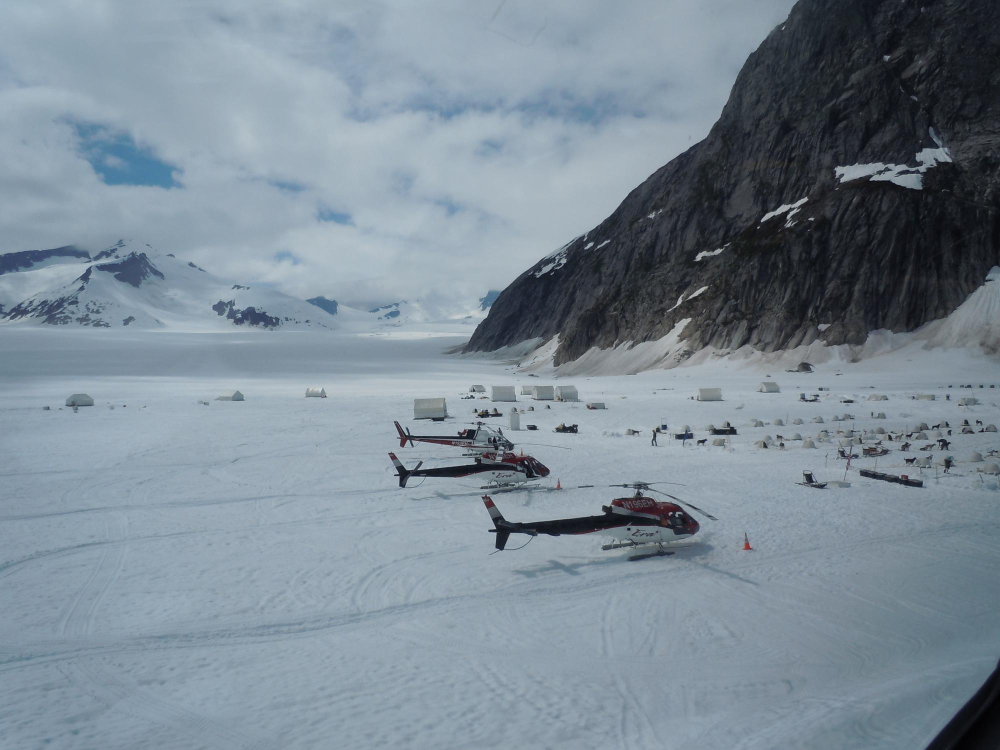Russia’s ongoing war against Ukraine has disrupted global security structures, reshaping geopolitical dynamics with repercussions that extend well beyond Eastern Europe. As countries shift their focus and resources in response to the conflict, regions like the Arctic – vulnerable due to rapid climate change and its strategic location – face new and intensified security challenges. These challenges encompass both traditional military concerns, such as defence posturing and territorial stability, and non-military issues such as cyber vulnerabilities, resource competition, and environmental risks.
This policy brief addresses how the war in Ukraine and heightened NATO-Russia tensions have impacted Arctic security since 2022. It begins by examining regional geopolitical shifts, such as the strengthening Sino-Russian partnership and Finland and Sweden’s accession to NATO.
The policy brief then considers economic and energy impacts, noting disruptions to Arctic energy projects and shipping routes due to Western sanctions on Russia, complicating international investments and access to critical resources like rare earth elements.
Next, the authors assess the increasing security threats, including rising militarisation and non-military hybrid challenges. Finally, the policy brief provides conclusions, and it list several topics to be addressed by the Netherlands and partner countries. Although the Arctic Council is referred to in this policy brief, the issue of Arctic governance is not discussed in depth.
About the authors:
Karen van Loon is a Research Fellow at Clingendael’s Security and Defence Programme, where she specializes in Arctic geopolitics and broader security and defence issues.
Dick Zandee is Senior Research Fellow and Head of the Security Unit of the Research department of the Clingendael Institute.


